Zohran Mamdani’s win in New York City should be seen as a repudiation of everything the Democrats have been doing since the DNC shafted Bernie Sanders to get Hillary Clinton and Joe Biden nominated as the party’s presidential candidates in 2016 and 2020. (more…)
Scott Burchill
-

The West’s double game on Gaza
In the aftermath of the attacks of 7 October 2023 and for months afterwards, Western governments that have been long-standing supporters of Israel — including the Australian Government — invoked “self-defence” to justify the severity of Israel’s response. (more…)
-

Regime change and blowback in Iran
According to US political scientist Chalmers Johnson, in the 1950s the CIA coined the term “blowback” to refer to “the unintended and unexpected negative consequences of covert special operations that have been kept secret from the American people and, in most cases, from their elected representatives”. (more…)
-

Gaza: The day of reckoning is coming
The attacks by Hamas on 7 October 2023 licensed the very worst psychopathic tendencies, both within Israel and among its uncritical supporters throughout the diaspora. (more…)
-
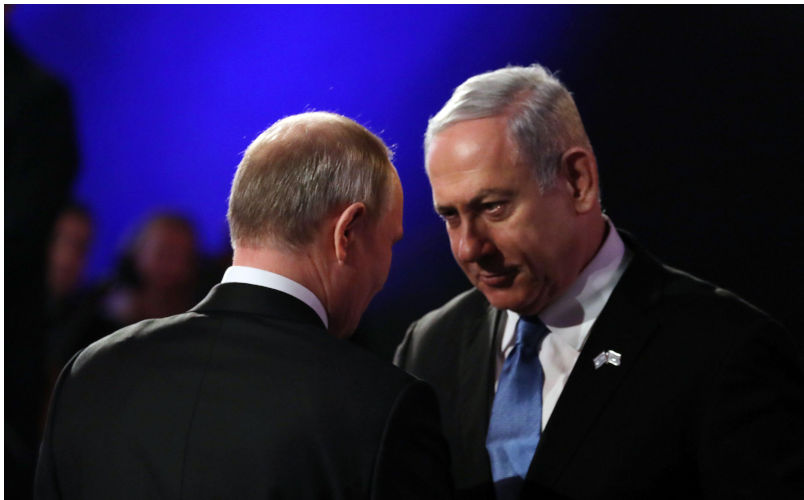
The personification of politics
Reducing the complexities of international politics to the idiosyncratic personalities of world leaders suggests the Western media believes concision is an antidote to the short attention spans of readers, viewers and listeners. They may be right about this. (more…)
-
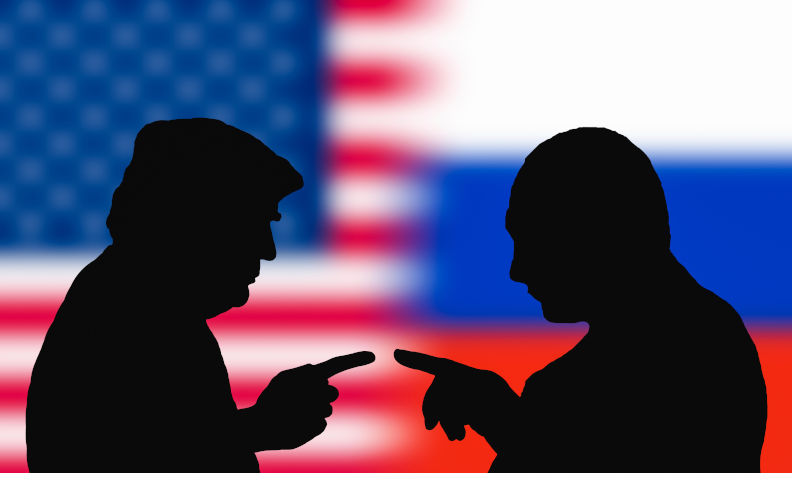
US-Europe relations flipped by Trump
For most of the post-World War II period, relations between Europe and the United States have followed a consistent pattern regardless of changes in government on both sides of the Atlantic. (more…)
-
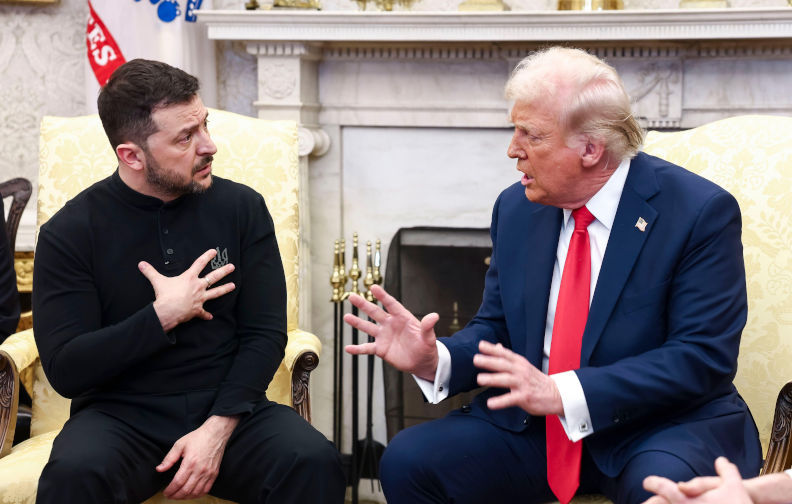
WEU redux?
NATO was, in part, established to prevent moves by France and Germany towards independent European defence and foreign policies, such as the West European Union. This has been a geo-political priority for Washington since the end of World War II. (more…)
-
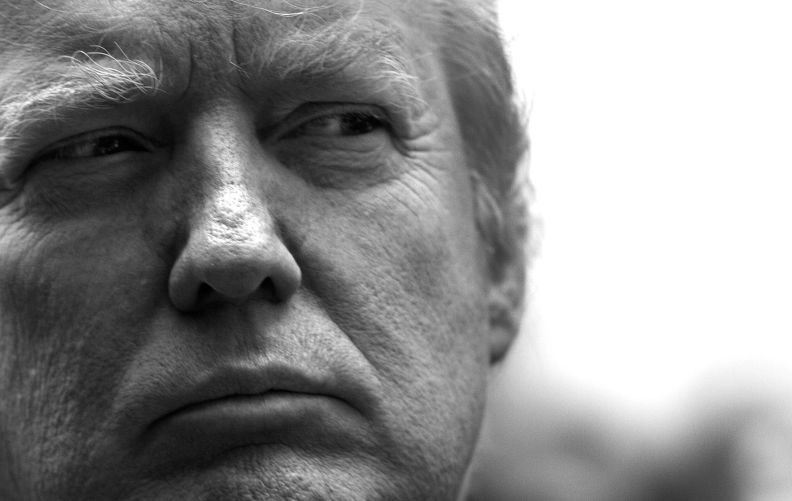
Explaining Trump’s foreign policy
When analysts seek to explain Donald Trump’s approach to government they inevitably focus on his personality: an unstable and capricious transactional negotiator with no fixed ideology who seems to be a narcissist and a pathological liar. (more…)
-

The costs of impatience: A psychic disorder of modern capitalism?
In Australia at the federal level of government, we have some of the shortest election cycles in the world: often barely three years. This mitigates against even medium-term planning. A new government takes a year to learn the ropes of office, another year to govern before preparing for re-election in the third. And even if a government survives that long, the odds are its leader won’t. (more…)
-

How the Israel-Palestine narrative changed in Australia
For most of the post-war years, there was bipartisan support for Israel in Australia, with the ALP especially proud of H.V. Evatt’s role in the establishment of the Jewish state at the United Nations. And there has always been an influential pro-Israel faction within the party. The Liberals were never hostile to Israel but, for most of this period, they were not the natural home for Australian Zionists. (more…)
-

The dangers of ‘victory’
Those currently celebrating the US and Israel’s decisive military victories against Hamas in Gaza and Hezbollah in Lebanon, the collapse of the Assad regime in Syria and possibly the defeat of Ansar Allah in Yemen may soon discover the pyrrhic nature of “reshaping the Middle East” in the interests of Western civilization. (more…)
-

Two worlds, different pain
“Gaza is now the world capital of child amputation. And that doesn’t even cover the true horror, because Israel blocks any anesthesia from entering Gaza as a means of imposing further agony on the population that they are subjecting to genocide.” – Former senior United Nations human rights official Craig Mokhiber (more…)
-

US, not Israel lobby, driving Albanese Government’s Gaza policy
Notwithstanding efforts to censure and bully journalists such as Antoinette Lattouf, Mary Kostakidis, John Lyons and Sophie McNeill, as well as grossly exaggerating anti-semitism on university campuses in an attempt to shut down pro-Palestinian encampments (and divert public attention from the genocide), I think it is a mistake to explain the Albanese Government’s Gaza policy shambles and moral degeneration as a testament to the power of the Israel lobby. (more…)
-
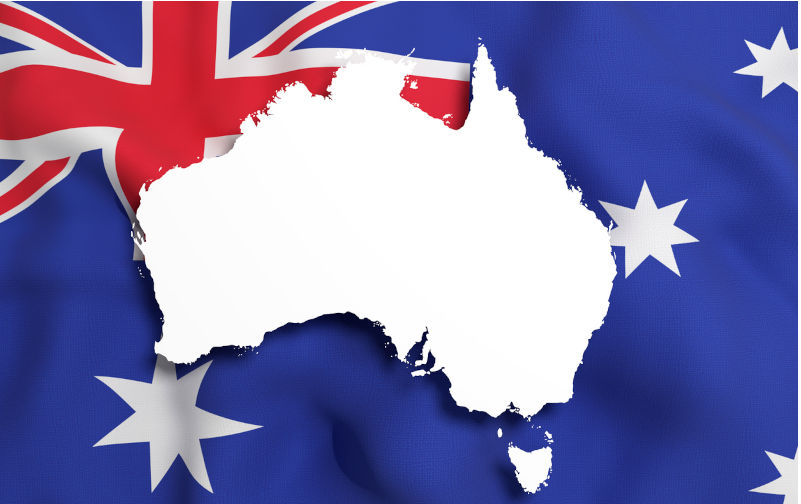
Australia – the indentured state
At primary schools in the late 1960s and early 1970s, Australian children were prescribed textbooks with titles such as New Worlds to Conquer, and taught to admire the British Empire as a gift to the world. (more…)
-
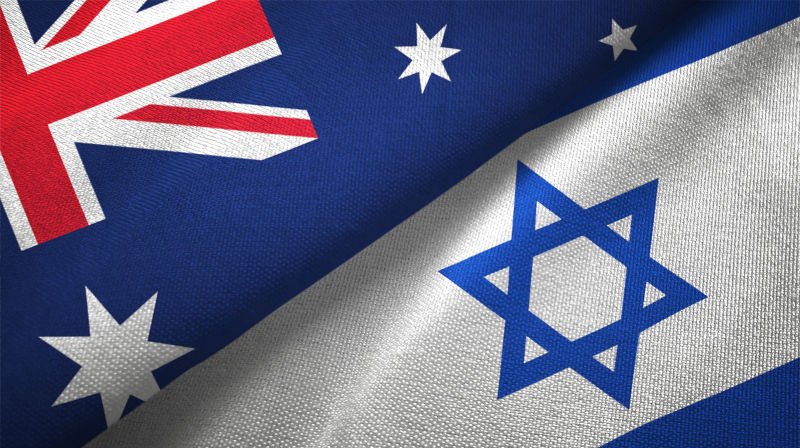
History will judge us harshly
Australia’s foreign policy elite has held a romantic view of Israel which extends back to its birth in 1948. By internalising Zionist mythology, Canberra has afforded the Jewish state a latitude it rarely extends to others: the freedom to attack its enemies without mercy and in violation of international law. It does this by casting Israel’s actions as “self-defence” regardless of the provocations and aggression it has regularly initiated. (more…)
-

When is terrorism justified?
When does politically-motivated violence, or terrorism if you prefer the bastardised term, become legitimate resistance to oppression, occupation and savagery? (more…)
-

Students throw themselves bodily into the gears of the Western genocide machine
In December it will be 60 years since Mario Savio stood on the steps of Sproul Hall at the Berkeley campus of the University of California and delivered the most powerful speech in the history of student activism: (more…)
-
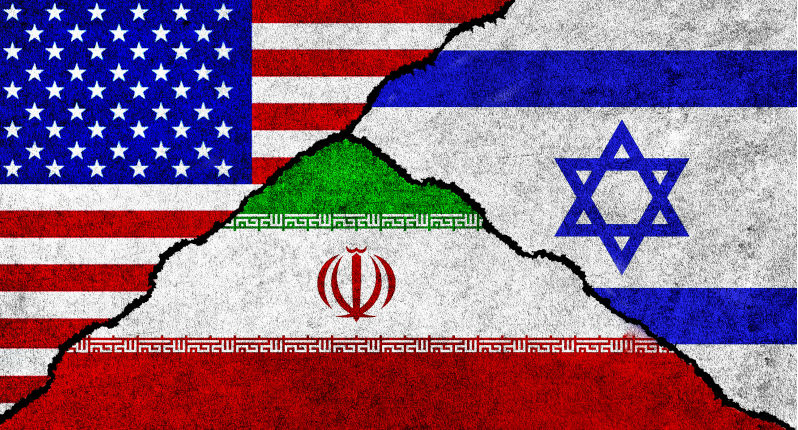
Biden, Netanyahu and the golden rule
International politics is frequently conducted in a way that bears little or no resemblance to how it is reported in corporate and state media, nor as it is understood in academic circles. (more…)
-

The Western club- with its own morals, rules and rewards
Last week the French government joined the German government in claiming that the Genocide Convention does not apply to Israel. Because the convention was created in response to the Shoah, Israel should have legal immunity for any war crimes it commits, including the genocide which it is currently conducting against Palestinians in Gaza. (more…)
-

America: a rogue state in the twilight of imperial age
For most of the post-WW2 period, Washington’s strength rested on its ability to convince other nations that it was in their vital interests to see the United States prevail in its role as the global leader. (more…)
-

Explaining the Gaza genocide: Settler colonialism in Palestine
In a settler colonial state, the indigenous population has to be physically erased because they are an ongoing reminder of the violence and injustice that occurred at the foundation of the political community. Their continuing existence constitutes a legal and political challenge to the state’s legitimacy. (more…)
-
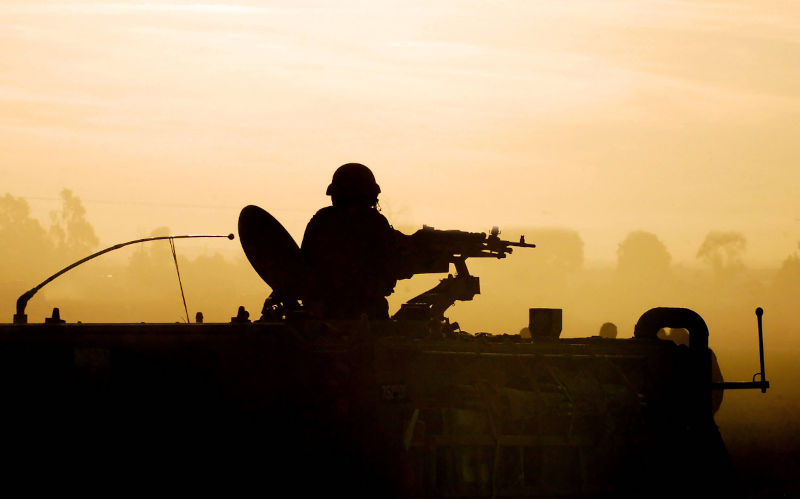
The right to violent resistance and a false Western morality
If I had lived under a siege all my life in a tiny open air prison camp – if I had no hope for the future – I too might be tempted to violently resist a brutal, unrelenting and illegal occupation, which is my right under international law. (more…)
-
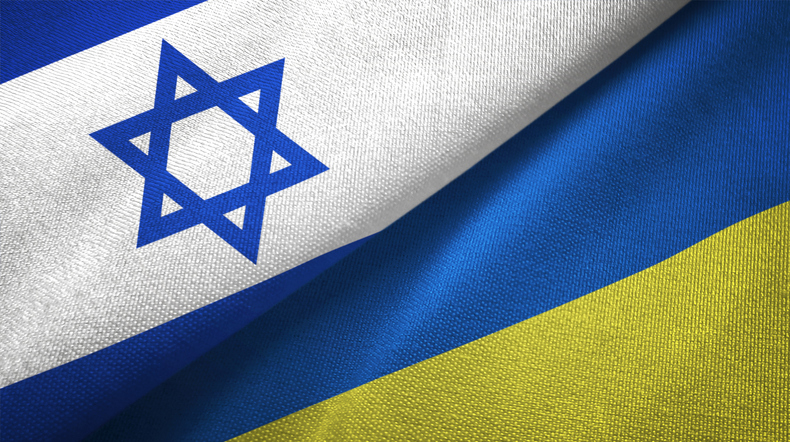
“Some of these people seek Armageddon”: An encounter with Norman Finkelstein
Like his mentor Noam Chomsky, Norman Finkelstein is effectively banned from entering the Palestinian territories by Israeli authorities. This constitutes a very exclusive club: Jews welcome in Ramallah but not in Tel Aviv.
-
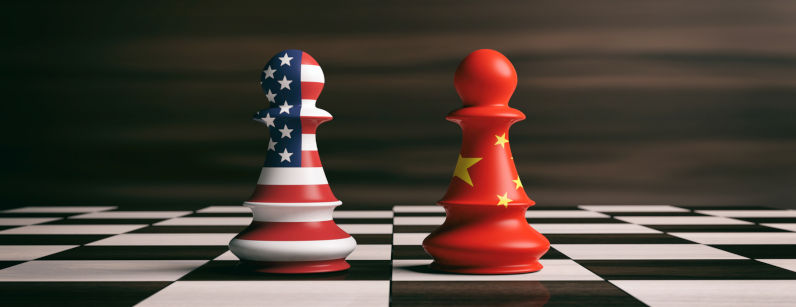
In international politics, how the worm has turned for the United States
The historian of American foreign policy Gabriel Kolko would often say that those who seek to determine the destiny of humankind were in for surprises and, ultimately, disappointment. (more…)
-
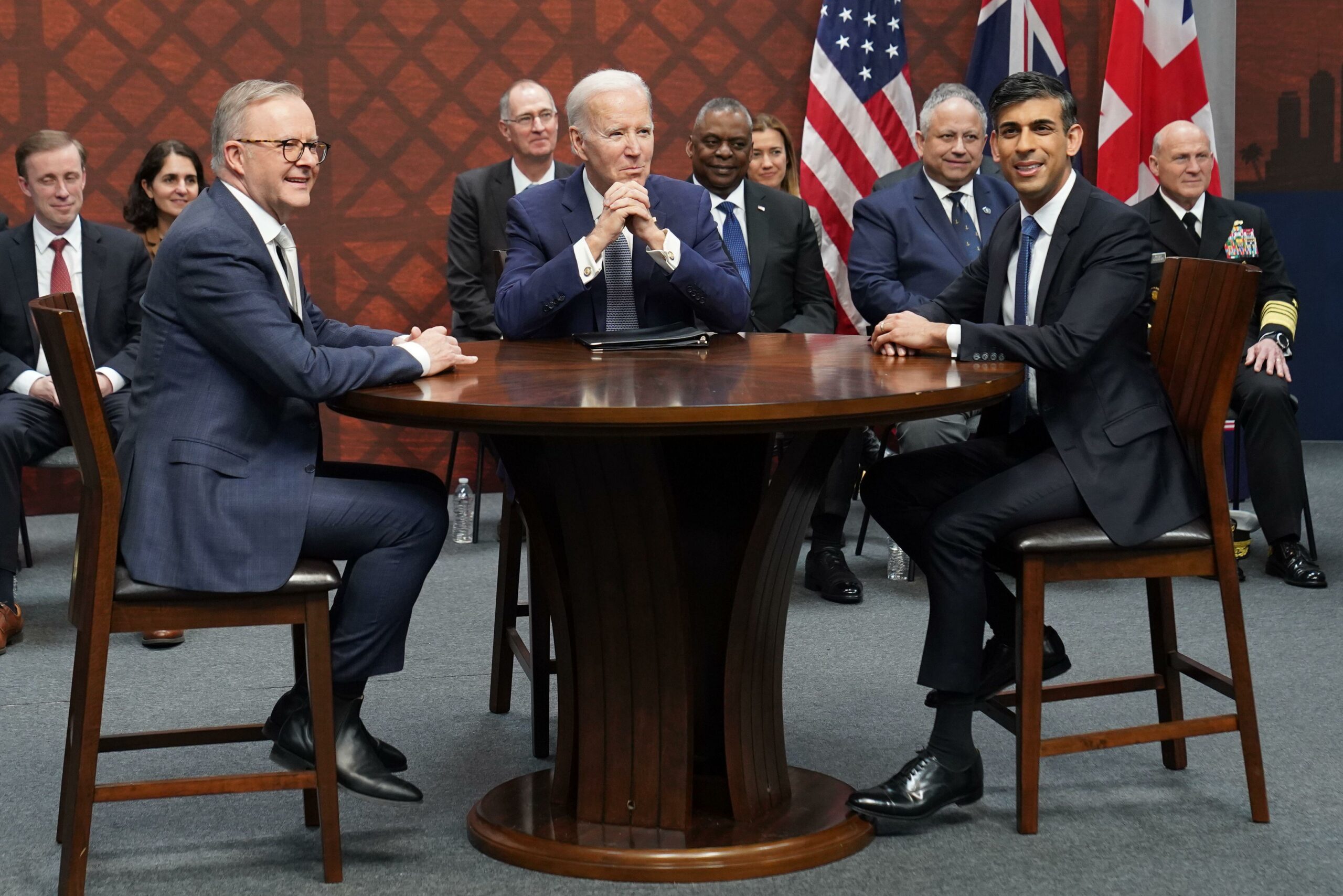
AUKUS and Military Keynesianism
The nexus between war and capitalism has been extensively explored by historians, particularly those on the political left such as Gabriel Kolko. It is one of the reasons why the term state capitalism, rather than market capitalism, is a more accurate description of the economic structures of advanced industrial societies. War, or more often the threat of it, has long been a necessary economic stimulus. (more…)
-
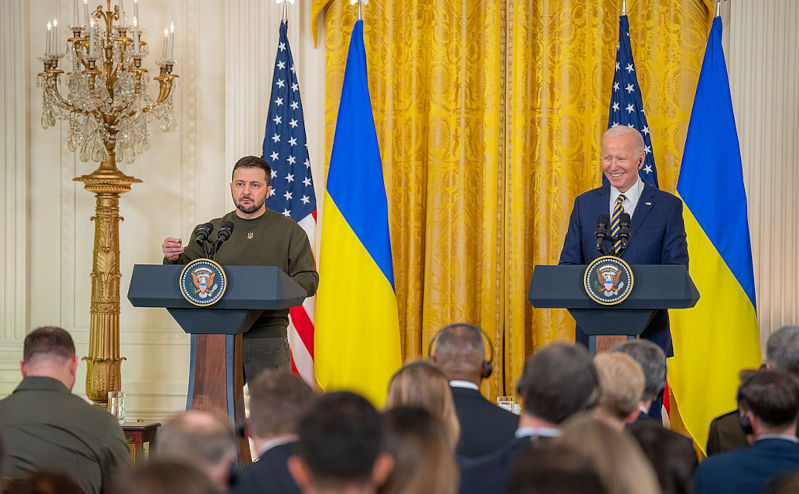
Ukraine: Is it almost over?
Despite celebrating 12 months of surviving the Russian onslaught, promises of more money and military equipment (including tanks) from the West, and a chorus of support for the courage and resilience of the people, the war appears almost over for Ukraine. (more…)
-

Conservatives fight desperate, losing battle against decolonisation of Australia
Conservatives rail against references to “invasion day”. Ultimately, however, these are the despairing sighs of an old, dying Australia which no longer exists and isn’t coming back. (more…)
-

Sinophobia, Russophobia, mutations of the same political virus
There is no doubt that Russia’s invasion of Ukraine is a serious war crime regardless of several provocations, including NATO’s eastward expansion and the role of the United States in the 2014 Maidan coup. Even so, the West is in no position to lecture Russia on sovereignty violations. (more…)
-
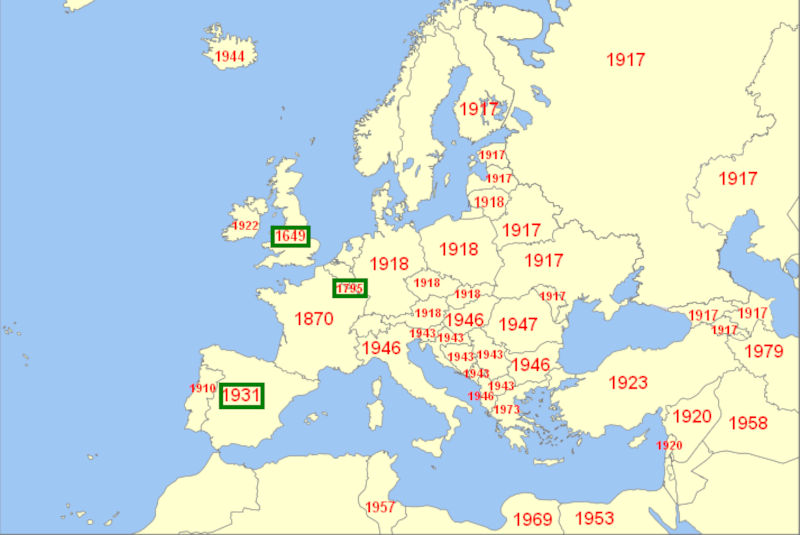
The Monarchy is facing a legitimation crisis
In monarchical systems there is always a legitimation challenge when the crown passes from one generation to the next. Whether it becomes a legitimation crisis depends on a number of factors. (more…)
-
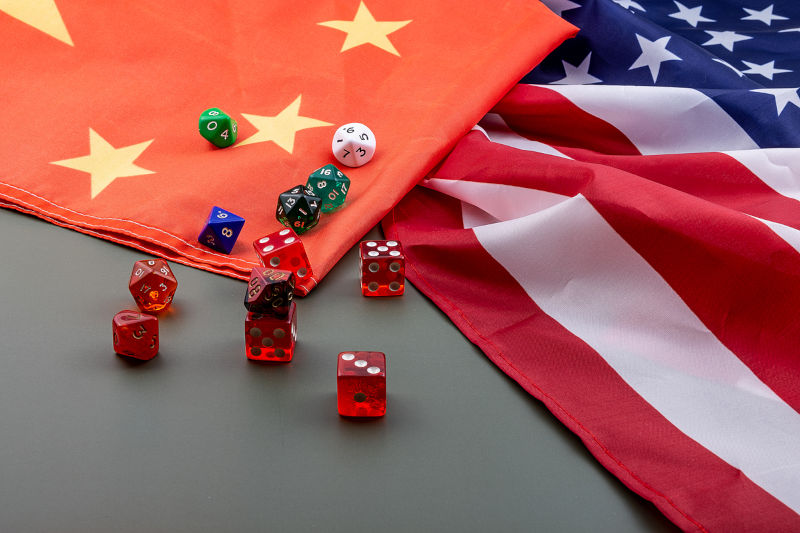
Biden’s China policy, US business and Australia
Washington’s concern about China is real and not just threat inflation, which seeks an enemy to promote military Keynesianism: the traditional method of transferring public money to private corporations in the military industrial sector. (more…)
